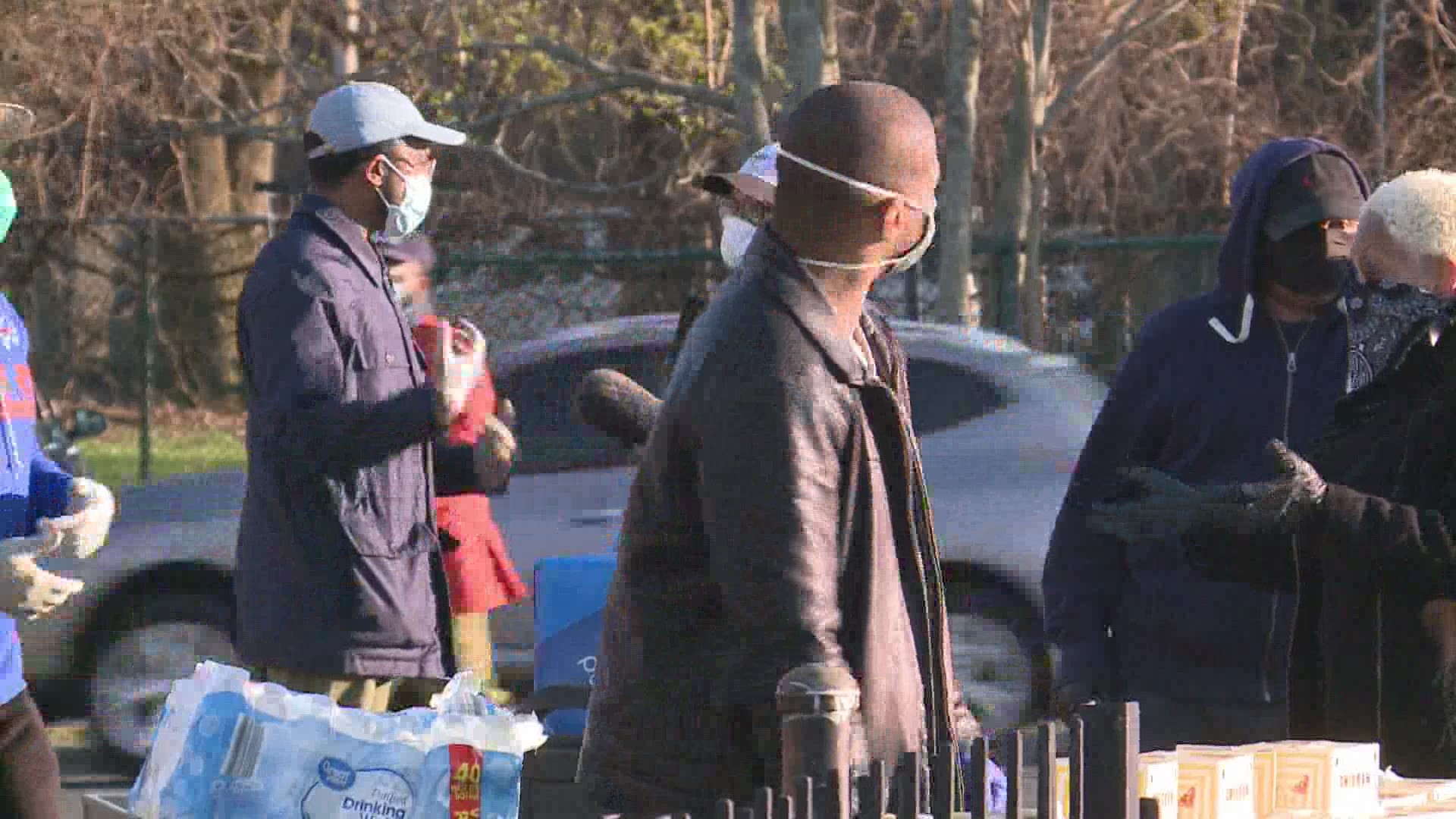HARTFORD, Conn — Hartford Mayor Luke Bronin along with several health officials talked about addressing racial disparities when it comes to Hartford residents being impacted.
The mayor said the most devastating reality of the coronavirus is people of color being hit the hardest. That is why the city came up with new initiatives to help slow the spread.
"Communities of color around the country are seeing a disproportionate impact from the coronavirus," said Mayor Bronin.
Hartford community activist Hyacinth Yennie said the biggest problem with minorities and tackling coronavirus is not knowing the help is available. Yennie believed the quality of service depends heavily on whether a person has insurance or not.
"Sometimes because certain sectors of our community is so underserved, they may feel like they’re not entitled to what is out there and that’s why it’s so important for our leaders to let them know the services are there," said Yennie of Hartford.
The first initiative - free transportation to a testing site but an appointment must be made. Starting on Friday, any Hartford resident with an appointment can call Hartford's 311 at 860-757-9311 and the city will arrange for transportation to take them to and from their testing site.
"In a community where 40-percent of our residents lack access to a vehicle, as of today, we will be providing free transportation door to door for any Hartford resident who needs to get a test," added Mayor Bronin.
Second initiative - mobile testing pilot. Next week, Hartford Healthcare is partnering up with the City of Hartford to begin piloting a mobile test site. If all goes smoothly, it will be expanded. It is not yet determined where the locations of these sites will be.
The third initiative - expanded access through federal qualifying health centers. Hartford Healthcare announced it will increase testing capacity by 500 to
2,500 a day through a partnership with Quest Diagnostics. This means 900 or more tests can be administered each day at Hartford Hospital.
"To be able to reach number one, our homeless community that is previously in shelters, now hotels but very vulnerable are skilled nursing facilities and hopefully down the line just some of our larger buildings particularly buildings where we may have had a number of positive cases," added Mayor Bronin.

